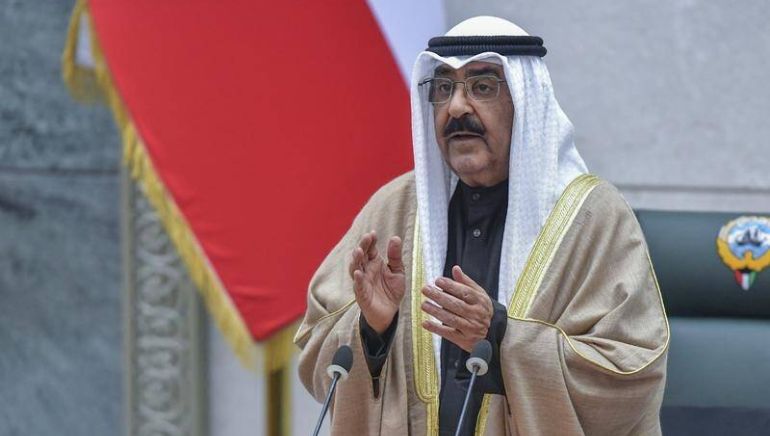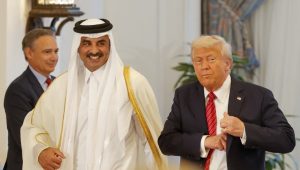In a significant political development, the Emir of Kuwait, His Highness Sheikh Nawaf Al-Ahmad Al-Jaber Al-Sabah, has appointed Sheikh Mohammed Sabah al-Salem al-Sabah as the new Prime Minister. This appointment marks a pivotal moment in Kuwait’s political landscape, signaling potential changes in the country’s governance and policy direction.
Sheikh Mohammed Sabah al-Salem al-Sabah, a member of Kuwait’s royal family, is known for his extensive experience in both political and diplomatic spheres. Prior to his appointment as Prime Minister, he held several key positions, including serving as Deputy Prime Minister and Minister of Foreign Affairs. His diplomatic acumen and deep understanding of regional and international politics are expected to play a crucial role in his new position.
The appointment of a new Prime Minister comes at a crucial time for Kuwait, as the country navigates through various challenges, including economic reforms, social changes, and regional geopolitical complexities. Sheikh Mohammed’s leadership will be instrumental in steering Kuwait towards a path of stability, growth, and continued development.
One of the key expectations from the new Prime Minister is to address economic issues, particularly the diversification of Kuwait’s oil-dependent economy. With his background and experience, Sheikh Mohammed is poised to lead initiatives that could enhance economic resilience, attract foreign investment, and foster a more diversified and sustainable economic framework.
Moreover, his appointment is anticipated to bring a fresh perspective to Kuwait’s internal and external policies. It may lead to new approaches in dealing with pressing regional issues, enhancing Kuwait’s role and influence in the Gulf Cooperation Council (GCC) and the wider Middle East.















